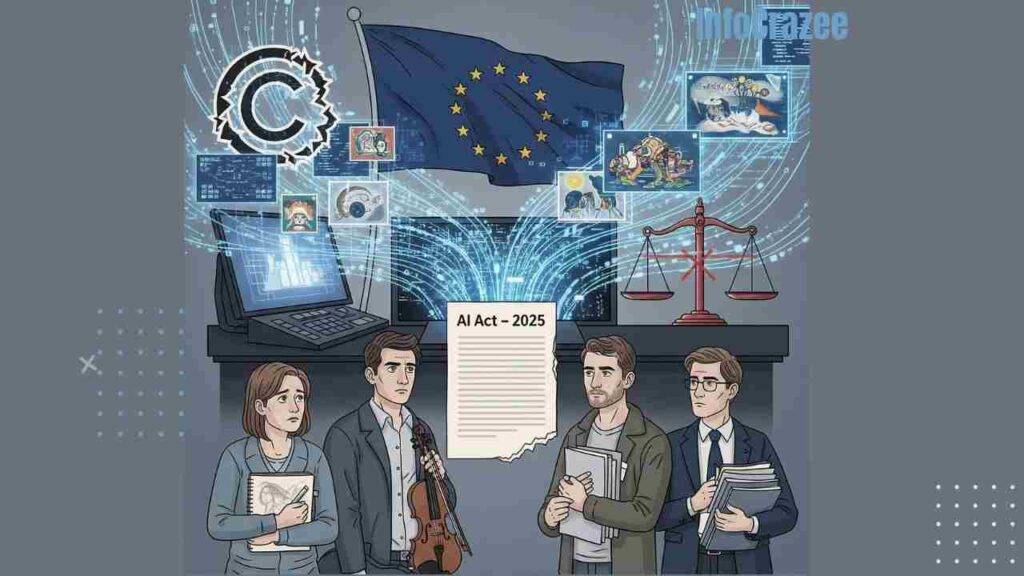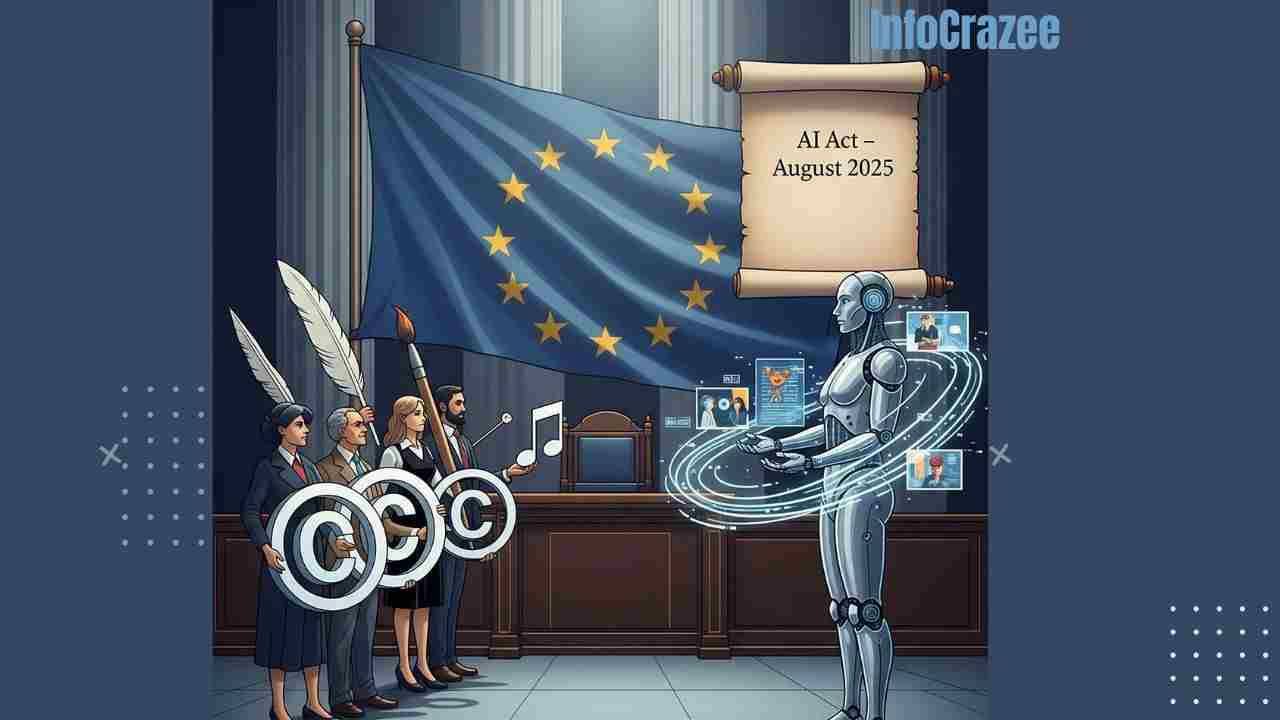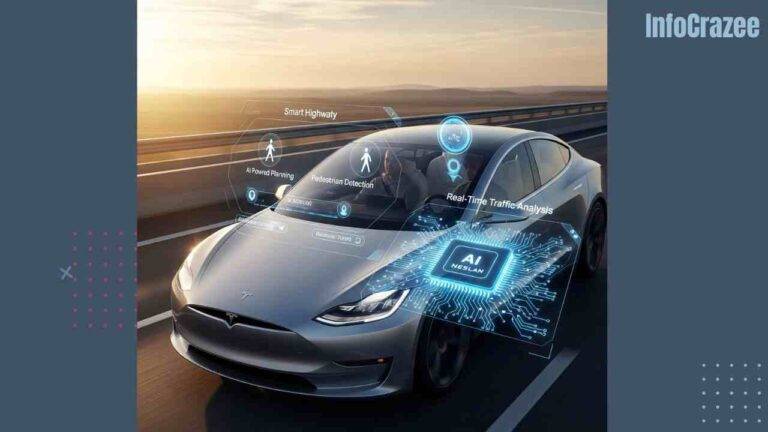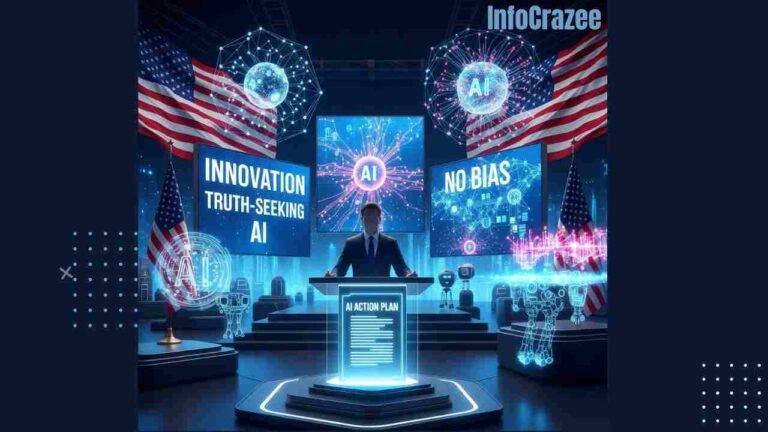Creative Groups Say EU’s AI Act Falls Short on Protecting Artists’ Copyright
Creative industries across Europe are sounding the alarm over the European Union’s AI Act, which came into effect on August 1, 2025, claiming it fails to adequately protect artists’ copyright in the face of rapidly advancing generative AI technologies. Industry groups, including the European Writers’ Council and the Society of Audiovisual Authors, argue that the regulation’s provisions on transparency and copyright compliance are too vague to safeguard creators’ rights.
Gaps in the AI Act
The AI Act, hailed as a global benchmark for AI regulation, includes measures requiring companies to disclose data used to train general-purpose AI models, such as those powering tools like MidJourney and Stable Diffusion. However, creative groups criticize these rules as insufficient. “The Act’s transparency requirements don’t go far enough to protect artists whose works are scraped without consent,” said Marie-Claire van der Berg, president of the European Writers’ Council. “There’s no clear mechanism to enforce compensation or prevent unauthorized use.”
Under the AI Act, companies must provide “summaries” of training data but are not obligated to reveal specific sources or obtain explicit permission from copyright holders. This loophole, critics argue, allows AI firms to exploit vast datasets—including copyrighted books, music, and visual art—without fair remuneration. A 2025 study by the European Copyright Society found that 68% of generative AI models in Europe were trained on datasets containing unlicensed creative works.
Artists’ Livelihoods at Stake
The stakes are high for Europe’s creative sector, which contributes €509 billion annually to the EU economy. Musicians, authors, and visual artists fear that unchecked AI could erode their livelihoods. “If my illustrations are used to train AI without my consent, I lose control over my work and income,” said Clara Moreau, a French illustrator who joined a class-action lawsuit against an AI company in 2024. Such concerns are amplified by cases like the 2023 Getty Images lawsuit against Stability AI, which alleged unauthorized use of millions of copyrighted images.

The General-Purpose AI Code of Practice, signed by 26 tech firms on July 31, 2025, aims to address some of these issues by promoting voluntary compliance with copyright laws. However, creative groups dismiss it as toothless. “Voluntary codes won’t stop companies prioritizing profit over ethics,” said Luca Rossi, a spokesperson for the Society of Audiovisual Authors. The absence of major players like Meta, which opted out citing legal uncertainties, further undermines the code’s impact.
Calls for Stronger Protections
Creative organizations are urging the EU to revise the AI Act before full enforcement begins in 2026. They demand mandatory licensing agreements for training data, stronger penalties for non-compliance, and an independent body to oversee AI copyright disputes. “We need a system where creators are paid fairly, not an afterthought in the AI gold rush,” van der Berg emphasized.
The European Commission has acknowledged these concerns, with Commissioner Henna Virkkunen stating, “We are committed to refining the AI Act to balance innovation and creators’ rights.” However, with enforcement deadlines looming and tech giants racing to deploy advanced models, time is running out to address the gaps.
A Global Debate
The EU’s struggle reflects a broader global challenge. In the U.S., similar lawsuits against AI firms highlight the tension between innovation and intellectual property. Japan’s permissive AI training laws, by contrast, have sparked fears of a “race to the bottom” in copyright protections. As the EU aims to lead in trustworthy AI, its ability to protect its creative industries will be a critical test of the AI Act’s success.
For now, Europe’s artists remain wary, caught between the promise of AI-driven creativity and the risk of losing control over their work. Without stronger safeguards, the EU’s landmark regulation may fall short of delivering justice for creators.






